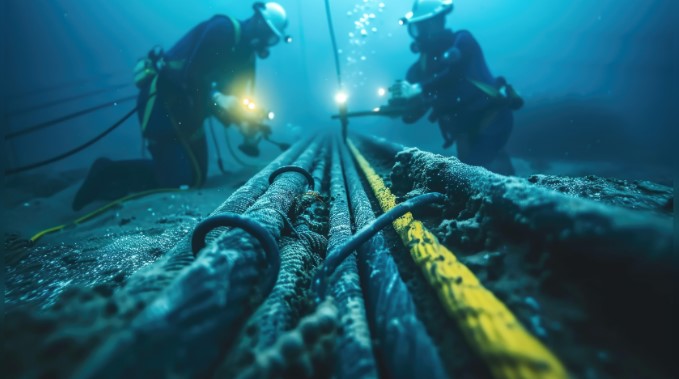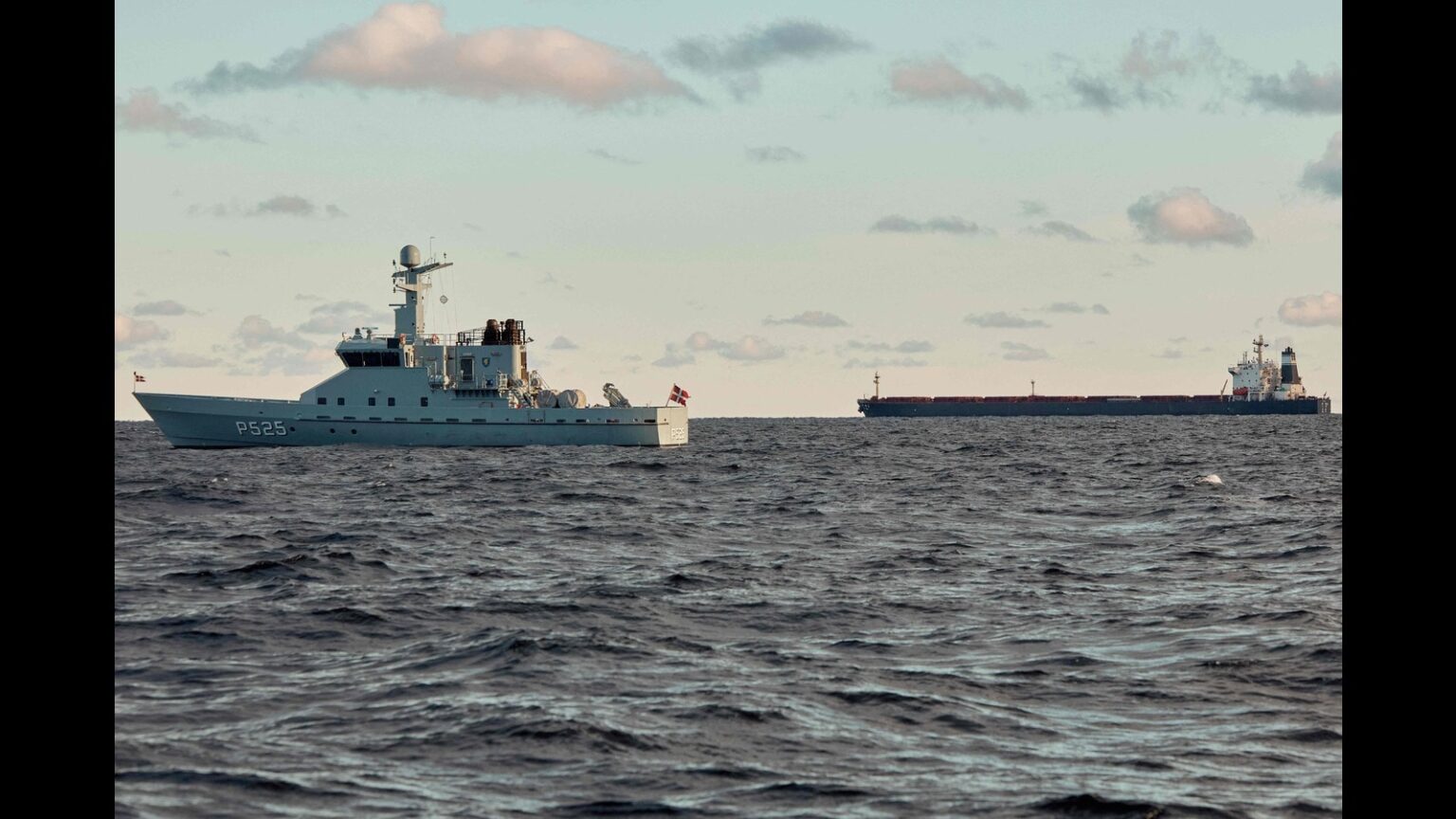A recent rise in incidents involving the disruption of undersea cables has prompted significant attention from Baltic nations and beyond. In the Baltic Sea, tensions surrounding the sabotage of these critical infrastructures, which are vital for global telecommunications, have escalated.

Source:- bbc news
In late 2023, a Chinese ship, the NewNew Polar Bear, was linked to damaging cables between Finland and Estonia, raising concerns about deliberate acts of sabotage, a suspicion further validated by a recent event in November 2024 involving the Yi Peng 3. This Chinese vessel passed over two major cables connecting northern Europe and was soon after detected as having caused damage to them.
Source:- news 18
The Baltic nations, aware of their vulnerability, have started taking proactive measures to bolster the security of these undersea cables. In addition to intensifying military surveillance and coordination, countries like Poland and Sweden are advocating for a more organized and joint naval presence to deter such threats. NATO has already established mechanisms like the Critical Undersea Infrastructure Coordination Cell and Maritime Center to increase surveillance and improve defense strategies.
These efforts reflect a growing awareness of the threat to Europe’s digital infrastructure and a shift in defense strategies to address these emerging risks. The ongoing incidents underscore the need for better security protocols, which have become more urgent as nations understand the strategic importance of safeguarding the cables that power much of modern communication and business.
Share your views in the comments

